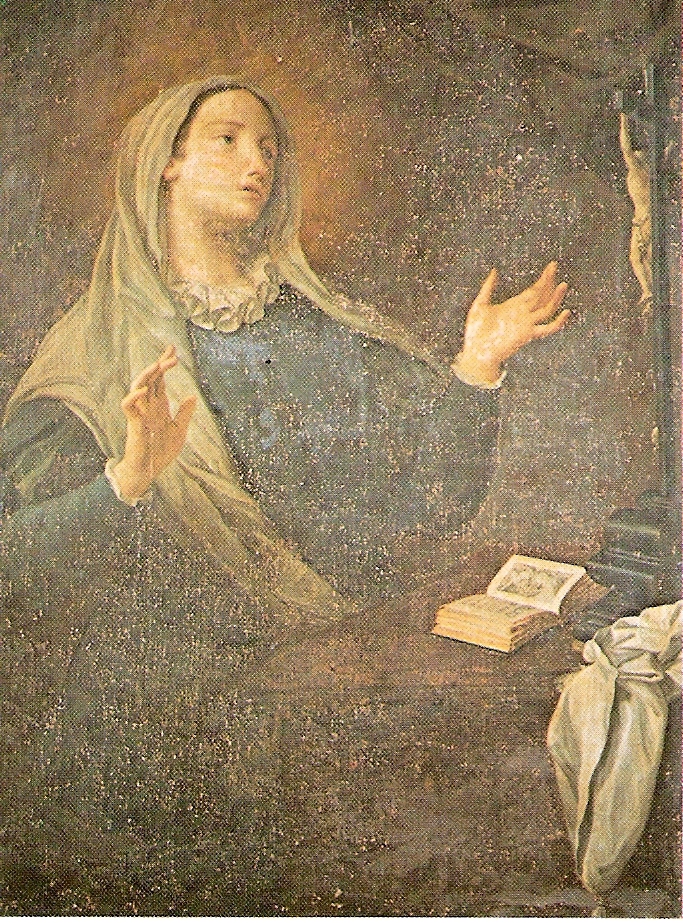Life and Doctrine
Catarina de Gênova: Frases em inglês
Fonte: Life and Doctrine, Ch. XIV
Fonte: Life and Doctrine, Ch.IX
Fonte: The Treatise on Purgatory, p. 79-80
Life and Doctrine
Fonte: Life and Doctrine, p. 50
Sally Kempton, Meditation for the Love of It: Enjoying Your Own Deepest Experience (2011), p. 227
P.108.
Fonte: Life and Doctrine, Ch. XVIII
Life and Doctrine
Ibid., P.109.
Words are wholly inadequate to express my meaning, and I reproach myself for using them. I would that every one could understand me, and I am sure that if I could breathe on creatures, the fire of love burning within me would inflame them all with divine desire. O thing most marvelous!
Fonte: Life and Doctrine, Ch.IX
Everything is mine, for all that is God’s seem to be wholly mine. I am mute and lost in God...God so transforms the soul in Him that it knows nothing other than God, and He continues to draw it up into His fiery love until He restores it to that pure state from which it first issued
Fonte: Life and Doctrine, p. 50
